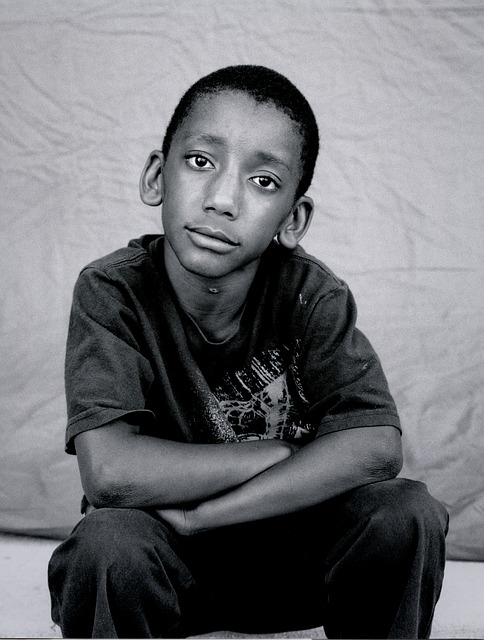I am watching a program on Netflix called POVERTY, INC. This excellent documentary seeks to demonstrate how the humanitarian aid industry has, in effect, become a global business which benefits the donor who possesses the power, while stripping motivation from the people who grow dependent on aid from outside. I recommend you view this program.
 At minute 42, the show describes a “ladder” out of poverty, the steps of which empower people locked in poverty to gain the confidence to climb out of chronic poverty. These “steps” are:
At minute 42, the show describes a “ladder” out of poverty, the steps of which empower people locked in poverty to gain the confidence to climb out of chronic poverty. These “steps” are:
- Legal protection from theft and violence
- Justice in the courts
- Legal title to one’s land
- Freedom to start and register a business
- Links to wider circles of exchange
The program argues that the successful effort to strengthen Europe after World War II (called the Marshall Plan) has not had this strengthening effect in Africa, Asia, and Latin America. Needed aid after natural disasters has turned into “unnatural disasters” wherein aid agencies overstay the crisis and create dependency. Why work hard to develop local initiatives when the market is flooded with foods and goods from outside for free?
What is needed, purports POVERTY,INC., is for outside groups to help reconstruct the ladder. I recall hearing John Perkins comment on the oft-repeated analogy of the fishing pole. He said that it is better to teach a man to fish with his own pole than to continually give the man fish. But, Perkins added, he must also have access to the pond.
Are their agencies which, rather than perpetually handing out aid, are empowering local people by building the ladder?
What can one person do to contribute toward a solution instead of ignorantly perpetuating the problem?
(photocredit: WPphotosmart.
Poverty, Inc. website
В ряде случаев полезен прогон по блогам хрумером https://www.olx.ua/d/uk/obyavlenie/progon-hrumerom-dr-50-po-ahrefs-uvelichu-reyting-domena-IDXnHrG.html, так как блоги дают хороший SEO-эффект.
Thank you Bob for the suggestion!
I agree. With all good intention, aid agencies raise huge amounts of money. Too often though, it seems that there lacks a focus on using those funds in ways that empower local initiative. Thanks Glenis.
To see an organization that builds the ladder, go to http://www.banyancommunity.org
It seems these groups that go in and teach women skills are examples of groups that are teaching them to fish. I can’t think of specific group names at the time, but I have read of many of these examples in 3rd world countries where women are being trained to learn a sustainable skill.. I have not heard about these programs used with men as much. This approach is not used in the U.S. enough either. Our welfare programs are too good at handing out part-time solutions, but lack in the prevention programs and the progress programs. We just give more fish.